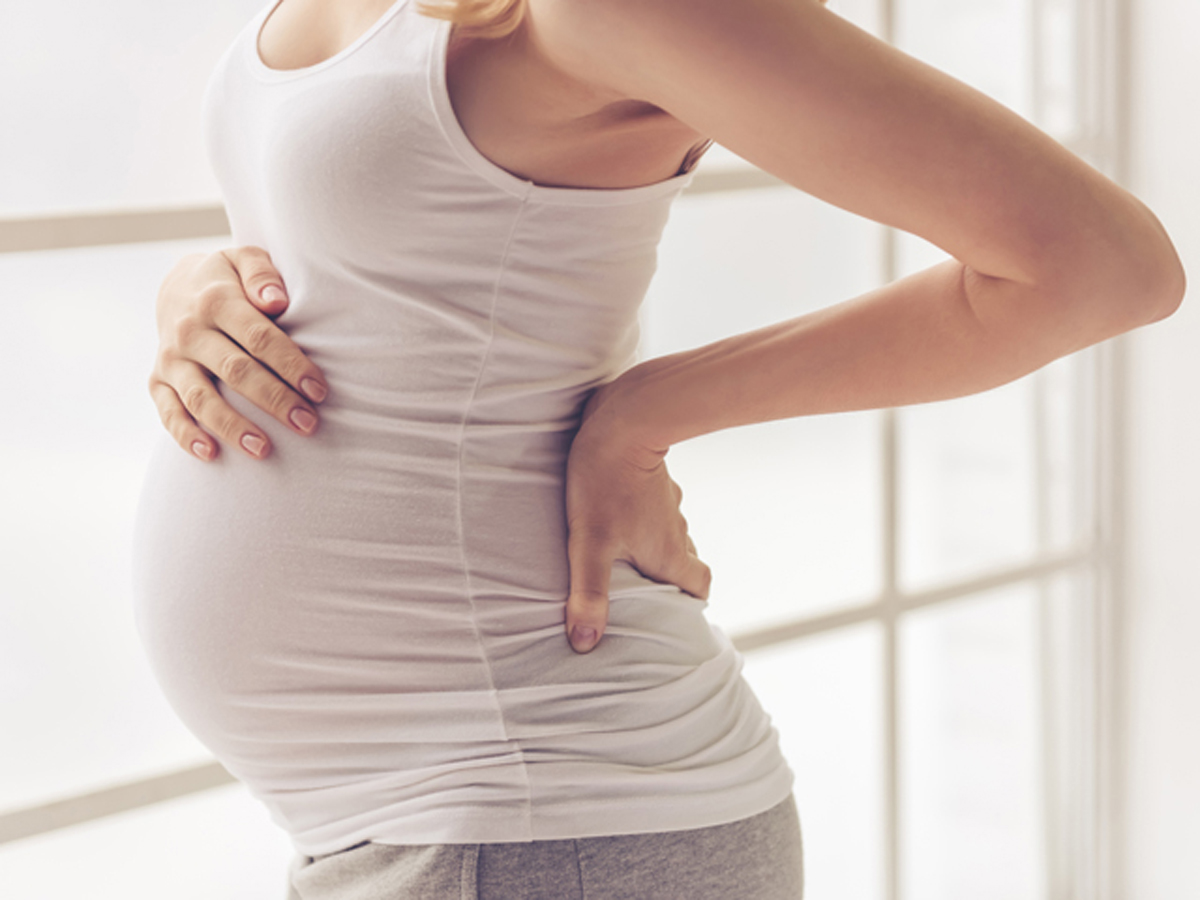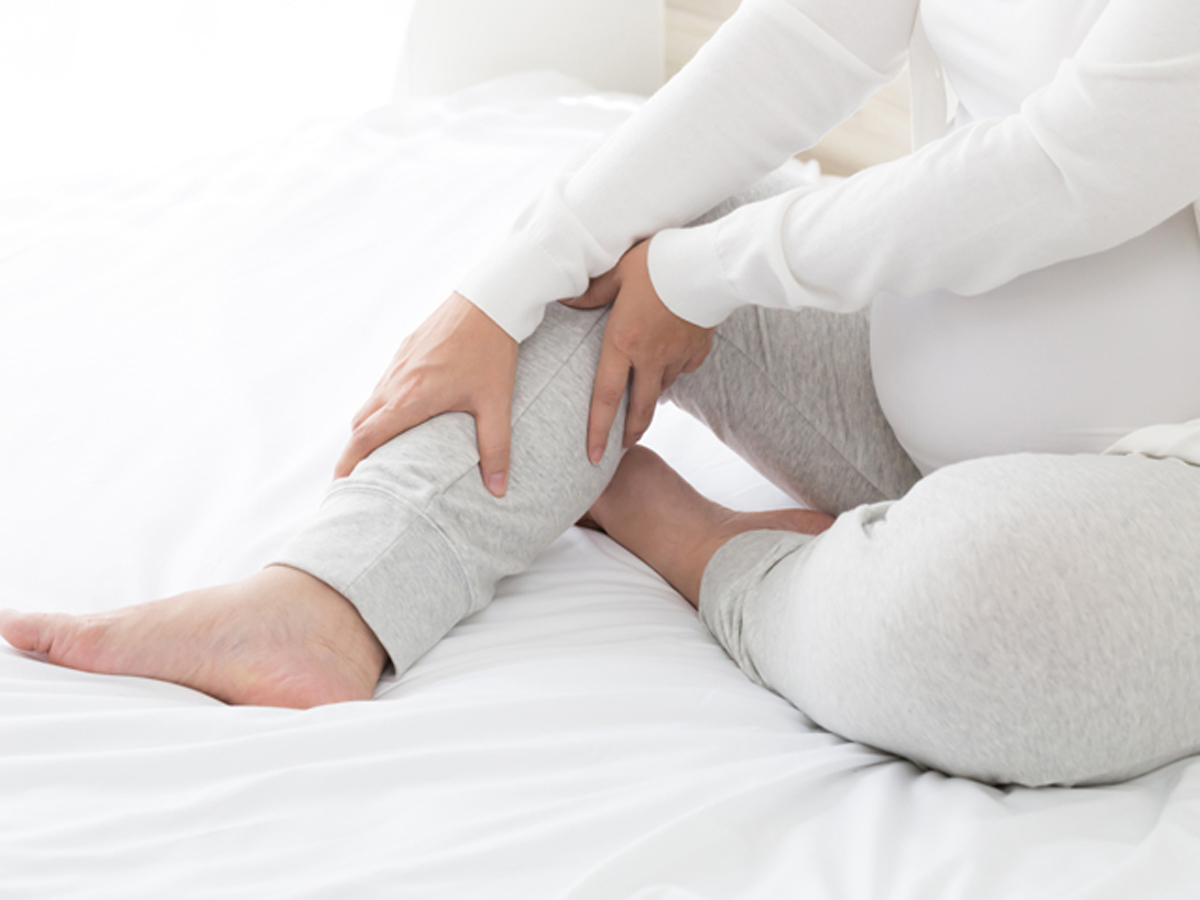My Thighs Hurt Continuously 5 Weeks Pregnant
By Dr Aruna Kalra
Aches and pains during pregnancy is part and parcel of joy of pregnancy. Our body is changing and adapting to accommodate the growing foetus by relaxing our muscles and ligaments. The stretching of ligaments creates more space between pelvic bones and spine, and loosely held bones are difficult to move over/with each other, which makes movements clumsy and painful.
Starting from 1st trimester till last trimester, pregnant women experience different kinds of pains, bloating, cramps and numbness.
Headaches are one of the most common pregnancy complaints. Try to get plenty of rest, and practice relaxation techniques like deep breathing.
Cramping typically occurs when the uterus expands, causing the ligaments and muscles that support it to stretch. One should not be worried about the minor cramps that happen every now and then. Stretching can be due to round ligament pull caused by growing uterus, and gives sharp piercing or dull pulling feeling. Some women experience sharp, piercing pain in the vagina. Try relaxation exercises. Place a hot water bottle wrapped in a towel on the ache. Make sure you get plenty of fluids. Take warm water bath. All the above measures will reduce these pains. However, consult doctor if you still don't get the desired relief or pains occur in moderate intensity along with other symptoms.
 ThinkStock Photos
ThinkStock Photos Women frequently experience hip pain as the connective tissue loosens and stretches.
Leg cramping and restless-leg syndrome is common in the third trimester. Cramping can occur as a result of too much phosphorus and too little calcium in the body. Restless-leg syndrome, also known as the overwhelming need to constantly move your leg, can be a symptom of an iron or folic acid deficiency. An uncomfortable sensation in the legs, a strong urge to move one or both legs or night-time leg twitching are frequent symptoms of restless-leg syndrome.
If you feel tingling or numbness in your hands during pregnancy, it could be carpal-tunnel syndrome. This condition is normally associated with repetitive hand movements, but extra fluid and swelling during pregnancy can also cause these symptoms.
Pregnancy rib pain can be the result of your baby physically kicking you in the ribs, stretching out under the ribs, or just moving by your ribs. The pain can also be caused by the muscles stretching out. In rare cases, it might be caused by a medical complication.
Many women experience sciatica during pregnancy because the enlarged uterus presses down on the sciatic nerve. This increased-pressure causes pain, tingling or numbness in the lower back, buttocks and thighs.
Belly-button pain may occur on-and-off throughout pregnancy as you experience stages of rapid growth. Some women may get used to the pressure and stretching early on. For others, the pain is worse during the final weeks when your belly is the biggest.
 ThinkStock Photos
ThinkStock Photos Leg cramping and restless-leg syndrome is common in the third trimester.
Taking pressure off your belly may help. Try sleeping on your side or supporting your belly with pillows to take the load off. A maternity support belt may help alleviate back and abdominal soreness while standing.
Women frequently experience hip pain as the connective tissue loosens and stretches. Lower back pain can also occur along with hip pain, as posture changes may cause you to lean more toward one side or another. Sleeping on your side with a pillow between your legs may help to relieve this pain because it opens the hips slightly.
The coccyx is a joint that's at the very bottom of your spine. It sits right behind your uterus. Your growing baby pushing against it, hormones, and other issues like constipation can lead to more pain. Often, what feels like lower back pain and hip pain during pregnancy is actually tailbone pain.
While there's no cure for it, there are some stretches you can do to help ease the pain. If your pain is severe or lasts more than a few days with little change or worsens, see your doctor. Doing gentle exercise, such as yoga with lots of stretching positions, will help keep your muscles loose. It will also help keep both you and the baby as healthy as possible.
(The author is director and senior gynaecologist surgeon at CK Birla Hospital, Gurugram)
(Disclaimer: The opinions expressed in this column are that of the writer. The facts and opinions expressed here do not reflect the views of www.economictimes.com.)
Source: https://economictimes.indiatimes.com/magazines/panache/suffering-from-pregnancy-related-aches-types-of-pains-and-how-to-deal-with-them/articleshow/64135931.cms
0 Response to "My Thighs Hurt Continuously 5 Weeks Pregnant"
Post a Comment